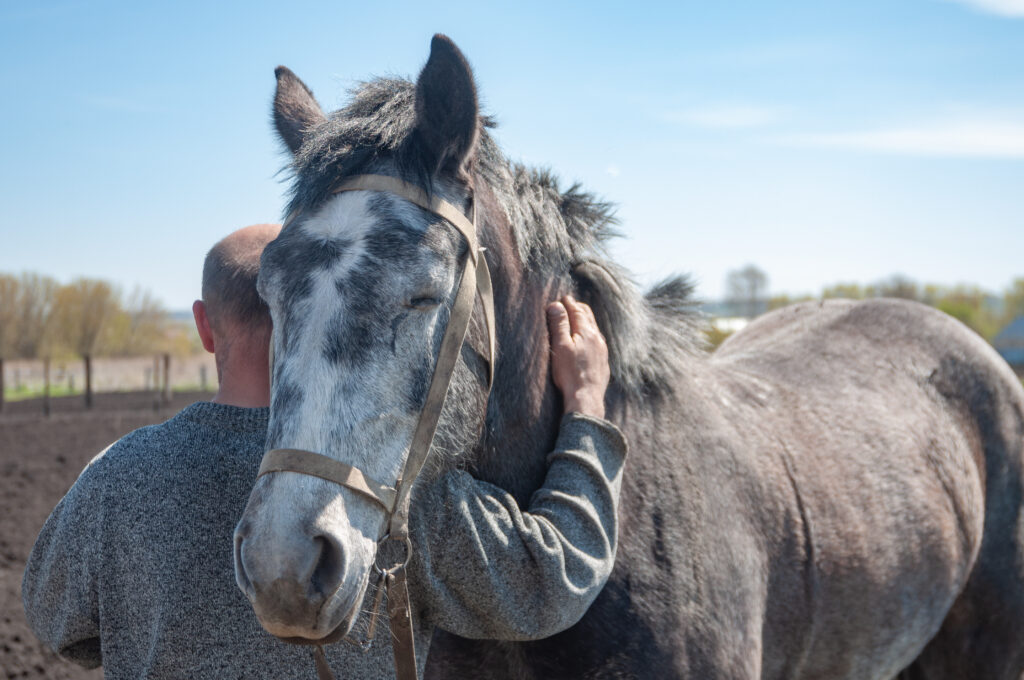
Loss is a universal life experience, and the grief can often be overwhelming. Losing a beloved person or animal or experiencing serious illness, divorce, natural disaster, financial loss, job loss, or other major life changes can cause grief. Accidents, failures, and mistakes cause grief as well. In his book “Life After Loss,” Bob Deits wrote, “a major loss is any loss experience that destroys a significant piece of what makes our life normal.”
Grief can unhinge you from your moorings. You might feel anxious, panicky, angry, guilty, or devastated with sadness. You might be unable to think rationally or make good decisions. Reactions such as stoicism, anger, sadness, and hysteria are all normal. When you are buried in these emotions, it’s important to remember the feeling won’t last forever.
To begin overcoming grief, you must set reasonable expectations for yourself. Share your emotions in a safe space, whether with friends who know how to listen instead of giving advice or with a support group or therapist. Regardless of what caused the loss, it’s normal to question why it happened or feel guilty and regretful about the situation. These reactions are normal, but you shouldn’t dwell on them. Instead, allowing yourself to sit with your pain and experience your deepest emotions with others’ support is the path that will lead you most quickly from the darkness back to the light.
The main task of grief recovery is to create a new normal. Whether you have lost a breast to cancer, a beloved dog to old age, or your father to a sudden cardiac arrest, to heal you must release your sadness by expressing it. The number of years this takes varies, but suppressing your tears and grief only extends the time. Give yourself grace to feel your feelings, and let them out in conversation, tears, art, or acts of kindness to others. Think of your tears and pain as filling a 50-gallon drum—your suffering will continue until the drum is empty. This is not to say the hole in your heart will mend. But you can create a life over time that honors your loss.
Immediately following loss, it is important to take good care of yourself. Treat yourself like a patient barely holding onto life. Give yourself comfort objects, a soft blanket, a cup of hot tea, nutritious food, and uninterrupted sleep. Encourage your friends to sit with you, bear silent witness to your loss, and support you with their presence. Remind yourself the pain you feel now will not always be so sharp. In time, you will be able to find positive ways to create a life that is, by necessity, different but still meaningful.
Sponsored by









